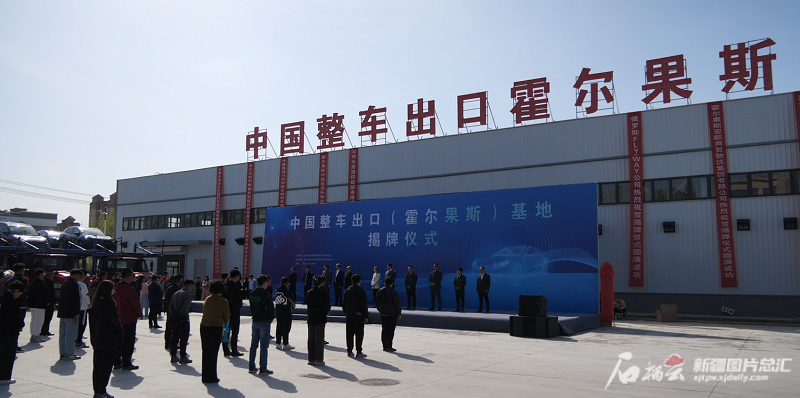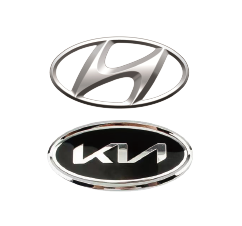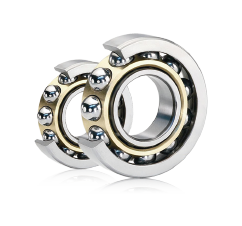"Customs clearance is that goods in a country within the customs, import and export or transit, need to follow the laws and regulations of a procedure process, another way of saying is also called customs clearance, goods in the clearance period, are under the supervision of the Customs and Excise Department, can not be free to circulate. There must be a cause and effect, since there will be delays in customs clearance, there must be a reason, then, what are the reasons?
1. The goods themselves
(1) Goods for the prohibition of entry of goods: countries around the world have their prohibited goods, such as drugs, firearms, ammunition, weapons, etc. We are all familiar with these are prohibited from entering the countries around the world. Animals and plants, meat, books are banned in almost every country; the United States prohibits the entry of Chinese herbs; the United Kingdom prohibits the entry of dairy and meat products; Singapore prohibits the entry of electronic cigarettes; prohibited goods will be seized by the customs or returned directly to the customs of the country of destination after arrival.
(2) Goods for brand-name, infringing products: protected by intellectual property rights, when you are selling products, subject to the authorisation of the brand, when these products enter the country, the Customs and Excise Department will ask for a brand authorisation, if not, customs clearance will be delayed, Customs and Excise Department detained goods, or even directly ordered to return.
(3) goods for powder, liquid, charged and other sensitive goods: it must be clear, powder, liquid, charged with magnetic, solid and other sensitive goods, the probability of customs inspection is higher than the general goods, customs clearance time is longer than the general goods, these products in the customs clearance, generally delayed, it is recommended that sellers in the hair of these products before the seller must ask the recipient whether they have the ability to clear customs.
2. Agent or cargo owner's own reasons
(1) Complete information about the goods is not filled out in a standardised and incomplete manner: the agent or the owner of the goods itself does not fill out the information and documents in a complete manner, such as incorrect quantity of the product, randomly writing the name of the product (e.g., the product itself is a shoe and the declared name is written as a dress), and the declared value does not correspond to the actual value of the goods (many sellers have done this in order to allow the recipient to pay less tax or exempt from paying taxes, and report the declared value of the goods at a lower value), but if it is too low, it is too low, so the seller must ask the recipient whether it can clear customs. However, if the declared value is too low, it will attract the attention of the Customs and lead to delays in customs clearance). If the commercial invoice is incomplete, the sender is required to provide a new complete commercial invoice.
(2) Logistics and transport mode: In order to save the freight cost and earn the difference of freight cost for the recipient, the seller chooses the logistics and transport channel with cheaper price and longer transport time. The cheaper the price is, the longer the transport time is, the slower the customs processing speed is, and the easier it is to lose the package of goods.
3. Customs reasons
(1) Customs routine inspection: Customs spot check goods routine inspection, if your goods are spot checked, you can only wait, no need for the recipient to provide any assistance, routine inspection can be completed in 1-3 working days in general, if the customs think that there is no problem with the goods, it will be released.
(2) Taxation: Customs thinks that the declared value of your goods does not match with the actual, and the recipient needs to clear the goods. If your declared value and the value of the goods are in line, but the Customs think it is different, in this case it is enough to take the proof of the value of the goods and go to clear the customs. If the declared value of your goods and the actual does not match, understatement or overstatement, by the Customs found, then you need the recipient to go to pay customs duties.
(3) Black Customs: Some countries and regions have black customs, in order to make money, even if your goods do not have any problems, he will tax you, just do not give you clearance, and wait for you to pay the tax and then give you through.
4. Receiver reasons
(1)Unwilling to pay tax: the goods need to pay tax, the tax is too high or the tax has exceeded the value of the goods themselves, the recipient is not willing to pay the high tax, do not go to pay the tax clearance, the goods are stored in the Customs Department in this way, and wait until the clearance period is up to be auctioned or returned by the Customs.
(2) The recipient does not have relevant documents: for example, the recipient does not have an import licence, the recipient cannot provide the required customs clearance documents, resulting in delayed goods that cannot be cleared.
(3) Fraudulent buyers: Some fraudulent buyers abroad, in order to get the goods for free, deliberately do not clear the customs, do not pay the tax, so that the goods have been put, and then circled with the seller on the tax issue. Or do not sign for the goods, because we know that the goods returned to the shipping costs are very expensive, the sender is reluctant to return, the recipient told the sender to return the goods, so that there is a reason to say to get the goods for free request. Or buy more than one product at a time, choose the parcel series of logistics transport, we all know that the parcel transport is slow, logistics information is slow to update or even no information, the fraudulent buyers, even if they receive the goods, you can tell the sender that they did not receive the goods, and ask for a refund.
5.Other reasons
(1)Environment: for example, customs strike, port workers strike, airport workers strike, logistics staff strike; or natural disasters, war occurs.
(2) Policy: Some countries have slow customs clearance, slow customs clearance efficiency, and complicated customs clearance procedures, such as Brazil. Or the corresponding national policy, the requirements of customs clearance must be how to clear, how to clear.
Source|Outbound Shipping, Shipping Network, Netease News, etc.
To reprint, please indicate the above content "





